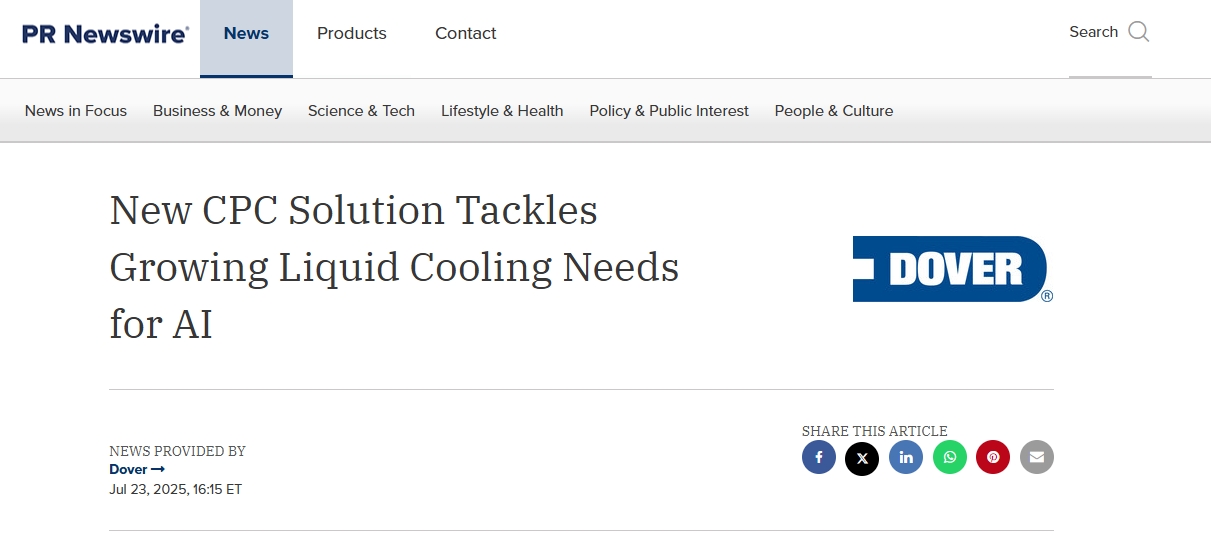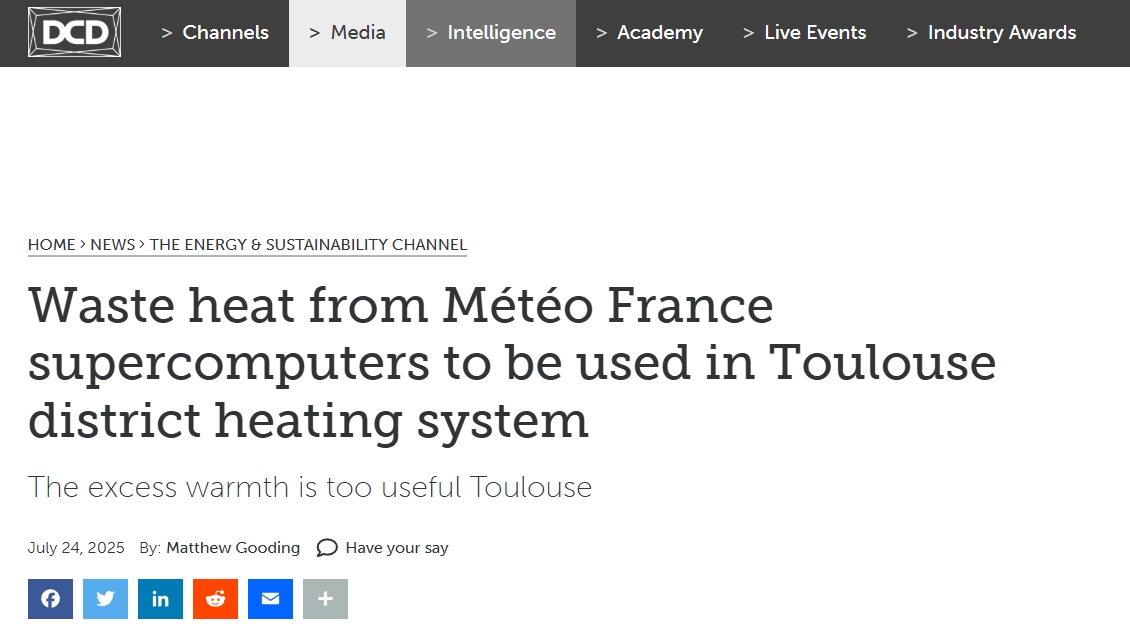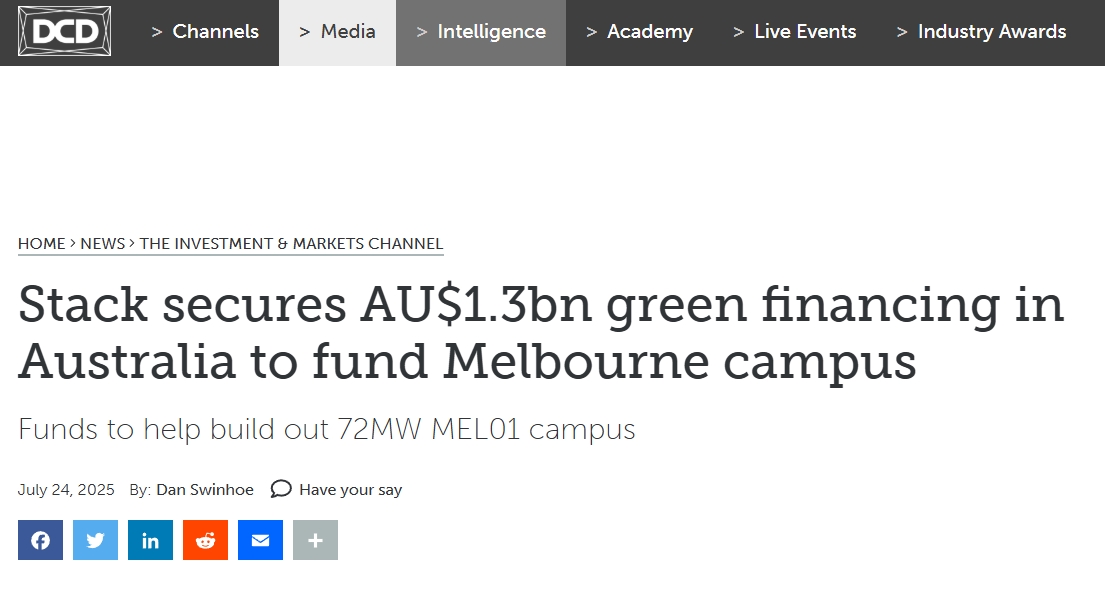Could cut data center grid interconnection times by two years
Siemens Energy and Eaton have partnered up to develop an on-site modular gas-powered solution for the data center sector.
As part of the partnership, Siemens Energy will supply data center customers with a “modular and scalable power plant,” with a standard configuration of 500MW of capacity.
The power will be generated from multiple SGT-800 gas turbines, each with a capacity of between 45 and 62MW, allowing for flexibility of scale for each specific customer.
The power plant will also include redundancy, additional battery storage systems, and have the ability to be powered by hydrogen, provided it is available at the cost and scale required. Each power plant is expected to have an operational life of around 20-30 years.
"We co-designed these systems with modularity, safety, and lead-time reduction in mind. That means faster deployment, lower risk, and better integration with the evolving grid," Cyrille Brisson, global data center leader at Eaton, told DCD.
Eaton will provide data center customers with electrical equipment such as medium voltage switchgear, low voltage switchgear, UPS, busways, structural support, racks, and containment systems, engineering services, and the software offerings needed to support the power plant.
The companies see the partnership as addressing one of the most urgent challenges facing the data center industry today, that of access to power. A point made clear by Brisson, who stated: "It’s not the GPU that has the biggest bottleneck anymore. It is power."
As a result, the partnership aims to provide data center developers an expedited route to market, cutting wait times by up to two years, which they say will provide a large revenue boost.
“Cutting that wait time by even two years can mean an additional $2 to $3 billion in revenue on a typical 500MW facility,” Andreas Pistauer, global head of sales, gas Services, at Siemens Energy, told DCD. “That changes the economics of an entire AI campus.”
In addition, the partners see the solution as a net positive for the grid, contending that the solution is designed as dispatchable, grid-interactive generation. Therefore, with spinning turbines offering inertia and frequency regulation, sites can actually stabilize the grid, rather than stress it.
“Data centers have long been seen as massive consumers,” Pistauer said. “But in this setup, they can become contributors - grid stabilizers.”
The partners contend that the grid-positive design will open the door for permitting in areas that may otherwise resist industrial developments.
"When you add on-site generation, you’re not just building a data center, you’re building a power plant. That triggers a whole new level of permitting and regulation. We’ve built this partnership to navigate that complexity - technically, commercially, and legally," said Pistauer.
The partnership aims to have a global reach, with the initial focus on North America and Europe, particularly in the ten to 12 grid-constrained zones within Europe, said Brisson. The UAE was also highlighted as a potential market, due to its land and energy availability. The goal is to offer data center developers a plug-and-play energy solution wherever power constraints are delaying construction.
The partners told DCD that the solution already has several interested investors and customers, but declined to provide any further information.
The partnership was framed as a form of “carbon bridge,” to enable near-term deployment with a clear path toward net-zero operations when biofuels and hydrogen become cost-competitive.
Despite natural gas having lower emissions than comparable fossil fuels such as coal, it still has a notable carbon footprint. However, given the significant grid constraints in many markets around the world, off-grid solutions are growing in popularity.
The growth is most pronounced within the US market, where several data centers have signed off-grid supply agreements. In February, VoltaGrid partnered with Vantage Data Centers to deploy 1GW of off-grid natural gas generation across its North American portfolio.
The model is also gaining steam within Europe. This week, DCD reported that CyrusOne had signed an agreement with E.ON to deploy a 61MW of onsite gas generators to permit it to increase the capacity of its FRA07 data center in Frankfurt, Germany.








